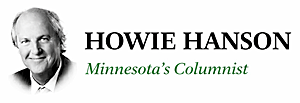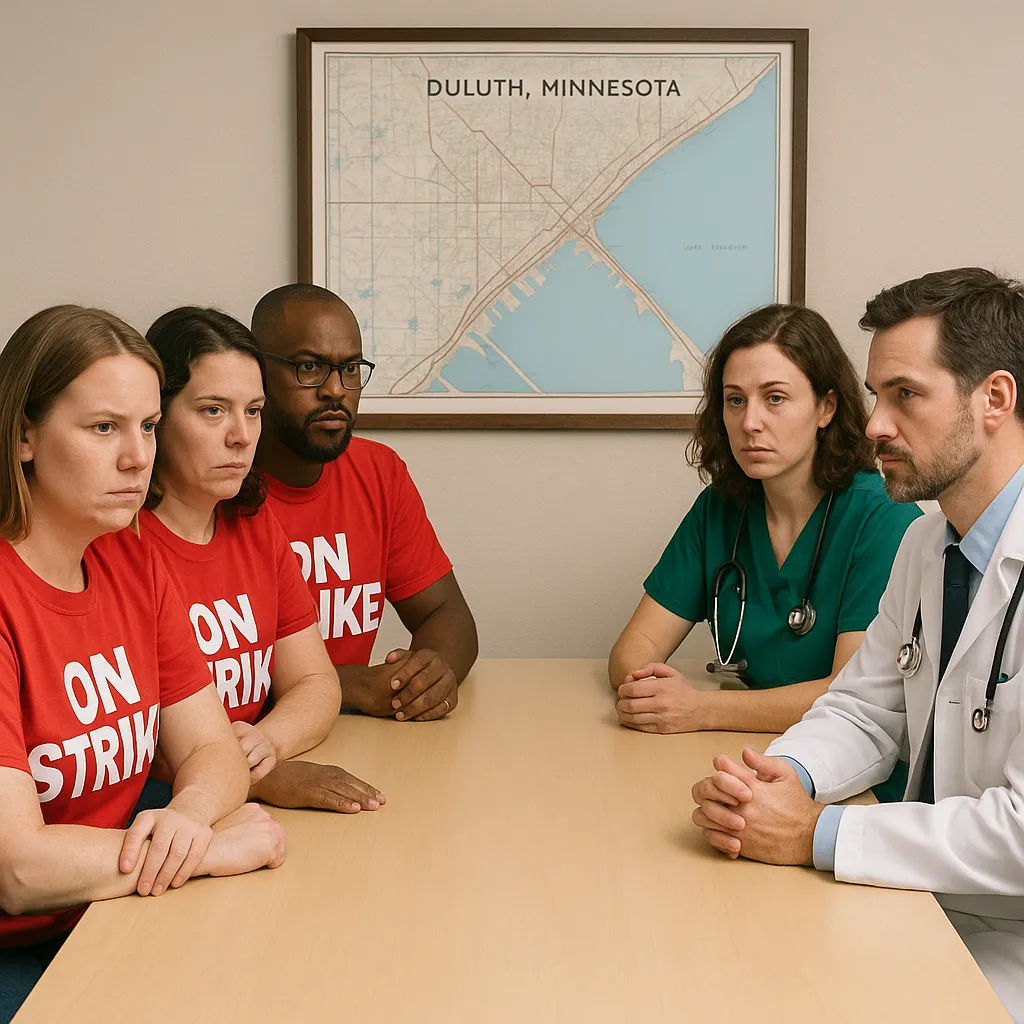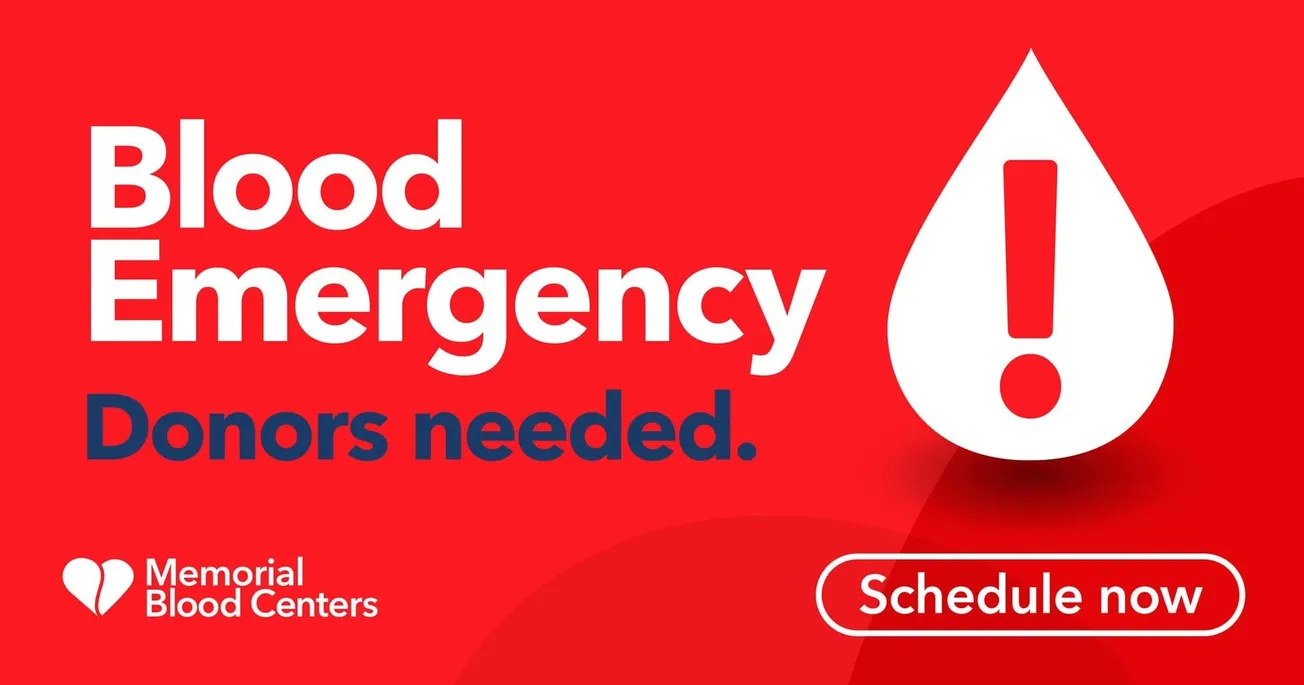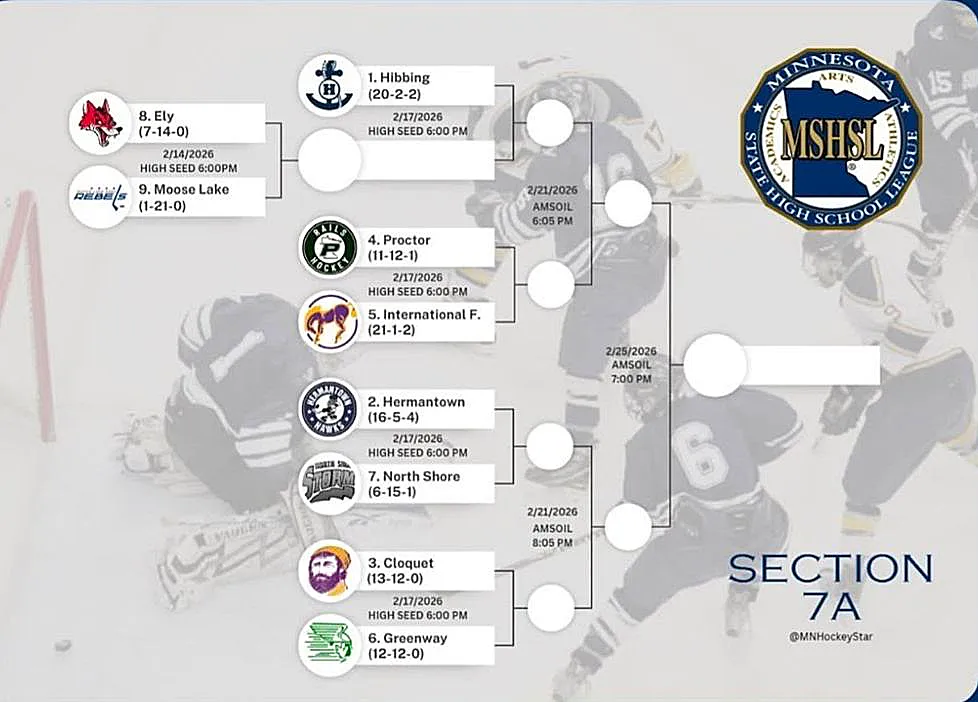Essentia Health nurses, represented by the Minnesota Nurses Association, met with hospital representatives on Tuesday during the final scheduled bargaining session before their contract expires on June 30.
The negotiations come days after more than 15,000 nurses and Advanced Practice Providers across the Twin Cities and Twin Ports voted to authorize their bargaining teams to call an Unfair Labor Practice strike, if necessary.
Nurses say they have been negotiating in good faith since April, pushing for stronger staffing levels, fair compensation and safer workplace conditions. However, union leaders contend that Essentia continues to bargain in bad faith and has not addressed multiple alleged unfair labor practices.
A federal mediator joined the session Tuesday at the union’s request, a move Essentia agreed to following weeks of stalled talks. But union leaders say the presence of the mediator did little to break the impasse.
Key outcomes from Tuesday’s bargaining session included:
- Both sides withdrew multiple proposals, though substantial differences remain unresolved.
- The union’s staffing proposal — which nurses describe as a top priority — remains unaddressed by hospital negotiators.
- Essentia continues to push for a management rights clause, which would allow hospital executives to change certain employment terms unilaterally during the contract period.
- Wages remain a point of contention.
Also during Tuesday’s session, two members of the Advanced Practice Providers’ negotiating team joined their colleagues to press Essentia to begin bargaining with them as a certified union, as required by law.
Meanwhile, nurses and providers at four additional Essentia-operated facilities — Solvay Hospice House, Miller Hill Surgery Center and two unnamed clinics — have also voted to authorize a ULP strike. Union leaders say those facilities continue to face unresolved ULPs and have yet to reach agreements with the employer.
Union and hospital officials said they are exploring the possibility of adding bargaining sessions next week.
While talks remained ongoing, two members of the Advanced Practice Providers’ negotiating team joined union colleagues in urging Essentia to recognize their certification and begin bargaining in accordance with labor law.
Meanwhile, the Minnesota Department of Health has released its 2024 Adverse Health Events Report, revealing the ninth consecutive year of increases in preventable patient harm across hospitals and surgical centers statewide. The findings have prompted renewed calls from nurses for enforceable safe staffing standards, with union leaders warning that the trend represents a growing crisis in patient care.
According to the report, 624 adverse events were recorded in 2024. These incidents include wrong-site procedures, patient falls, pressure ulcers and breakdowns in communication—many of which nurses say stem from chronic understaffing.
“This isn’t just data. It’s a wake-up call,” said Chris Rubesch, a registered nurse and president of the Minnesota Nurses Association. “Hospitals can ignore nurses, but they can’t ignore the numbers. We’ve been sounding this alarm for years.”
While the report notes increased patient complexity and longer hospital stays, it also highlights staffing shortages as a critical, unresolved issue. Medication errors showed a slight decline in 2024, but nearly every other category of preventable harm rose.
Nurses point to a troubling trend: hospitals contracting private consulting firms to identify cost-cutting opportunities, often leading to reductions in direct patient care staff.
“Too often, the first cuts are to the people who provide the care,” Rubesch said. “That’s not just unsustainable—it’s dangerous.”
Nurse researcher Linda Aiken has shown that for every additional patient added to a nurse’s workload, the risks of mortality, complications, readmission and extended hospital stays rise by as much as 16%.
The nurses’ union argues that safe staffing is the clearest, most evidence-based solution. Rubesch emphasized that the call for more nurses at the bedside is not symbolic, but a life-saving necessity.
“We recognize healthcare is complex,” he said. “But this isn’t: we need more nurses at the bedside. So far in our 2025 contract negotiations, not a single hospital has responded to our safe staffing proposals.”
In response to what union leaders describe as stalled negotiations, Unfair Labor Practice violations and a refusal by hospital executives to commit to enforceable staffing standards, all MNA chapters statewide have voted to authorize a strike.
Why Nurses Say Staffing Must Be Addressed Now
The MNA outlined four key reasons to act:
- Lives are at stake. Research shows safe staffing reduces complications and saves lives. Nurses say the goal is to prevent harm, not just respond to it.
- Hospitals are losing experienced nurses. Unsafe conditions contribute to burnout, which studies cite as a leading reason nurses leave the bedside—not the profession.
- Prevention is cost-effective. Adverse events such as infections and falls lead to longer stays, lawsuits and readmissions. Studies show the cost of safer staffing is less than the financial toll of repeated harm.
- Workplace safety is deteriorating. Nurses report managing more aggressive patients and violent incidents without adequate support or security.
Rubesch said the latest data confirms what nurses have experienced for years: that fewer nurses means worse patient outcomes.
“Nurses are ready to work with hospitals to fix this,” Rubesch said. “If executives won’t act on our words, they’ll have to act on the facts.”







